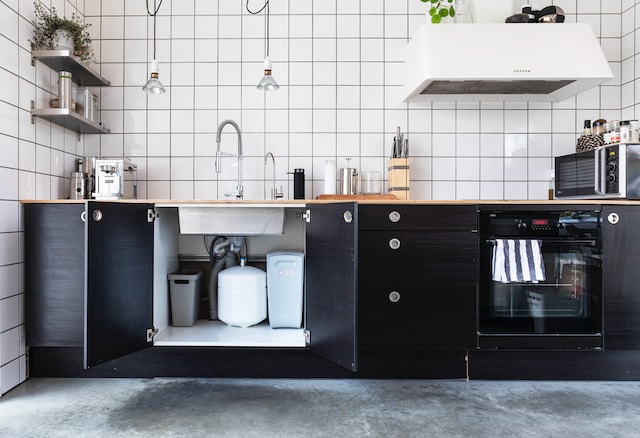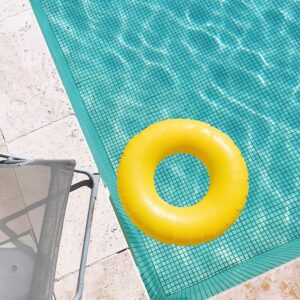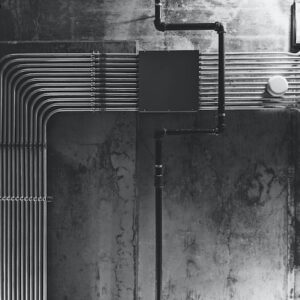Having a supply of clean and contaminant-free water can be a wonderful thing. It can help us stay hydrated, cook meals, and wash our clothes and dishes.
Whole house filter systems can provide this water, and they come in several shapes and sizes. Use this guide to choose the right one for your home.
Cost
Depending on the system type, water filtration systems can range from $50 to $9,000. Costs increase when the homeowner selects a complex system that addresses multiple problems with their home’s water supply.
For example, a whole-home water filter may address issues like rust, sediment and chlorine that make the water taste bad. It could also filter out other toxins, such as arsenic and hydrogen sulfide.
Alternatively, an under-sink reverse osmosis system will treat the water at the house’s entry point. It can be a good choice for homes with hard water, which leaves behind mineral deposits that clog sinks and drains. This problem can be difficult to fix, especially if it leads to leaks in the pipes.
These systems are generally more expensive than a standard carbon filter, which costs between $50 and $500. They can remove chlorine, help improve the taste and smell of the water, and reduce the amount of bacteria in it.
Effectiveness
A good home water filtration system Tampa will reduce contaminants, leaving you fresher, healthier drinking water. In addition, a filtration system will also extend the life of household appliances that use water, like refrigerators, dishwashers and washing machines, by reducing scale buildup.
The first step is determining what contaminants you want to filter out of your water. Then shortlist systems that remove those contaminants. This will leave you with a few system types that you can choose from, including carbon filters (remove heavy metals and chemicals), sediment filter cartridges, ion exchange systems (target minerals) and reverse osmosis filters.
A whole-house point-of-entry filtration system will filter all the water that enters your home through sinks, tubs, showers and spigots. Some filtration systems include a UV light, which disinfects your water by killing bacteria and protozoa. This can be combined with a carbon filter for maximum effectiveness. Some point-of-use filters also eliminate mineral deposits and soap scum, which makes dishes look cleaner and shine brighter in your dishwasher.
Installation
Choosing the right water filter system is an investment in money and time. Whether you are looking for something simple and user-friendly or want to reduce chlorine taste and odor, chemicals, industrial pollutants, metals, bacteria, cysts, viruses and other contaminants, selecting a system that will meet your needs is important. You can find out what each method is certified to reduce by reading the product specifications or contacting the manufacturer directly.
The installation process can vary, depending on the type of water filter you choose. However, most systems require shutting off your home water supply and draining it by opening the highest and lowest faucets to lower water pressure. Next, you will need to cut the water line pipe, ideally at the point where it enters your home and before the pipes branch off.
Before installing a whole house filter, you must know the demand specifications for your appliances and water dispensers (showerheads, dishwashers, toilets). This information will help you calculate how much the filter can accommodate flow capacity.
Maintenance
A water filtration system can greatly affect your home’s health and comfort. It will not only reduce many of the contaminants that affect your health and well-being, but it also may save you money over time due to lower utility bills and repair costs.
The first step is determining what you’re dealing with in your home’s water. This will help you narrow down the choices to a few systems that will eliminate your specific water-related contaminants. For example, if you have hard water, you might choose a carbon filter system that removes chlorine or use an air injection water filter system to deal with iron.
Consider your budget, home water usage and maintenance requirements when choosing a water filter system. Consider a portable water filter if you have a limited budget and need help installing a whole-house system. Many portable filters require little to no maintenance and are easy to use.




